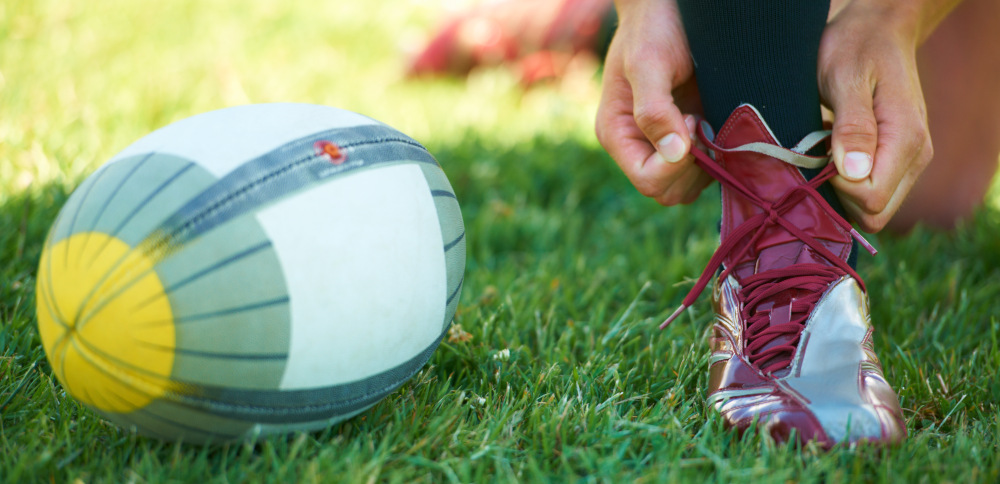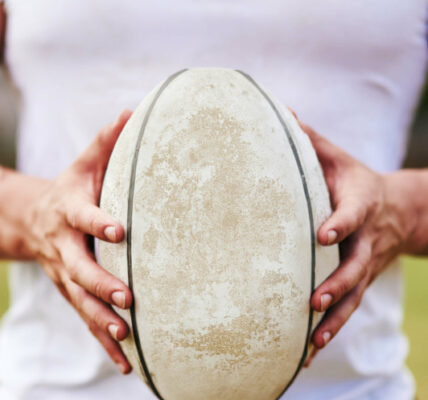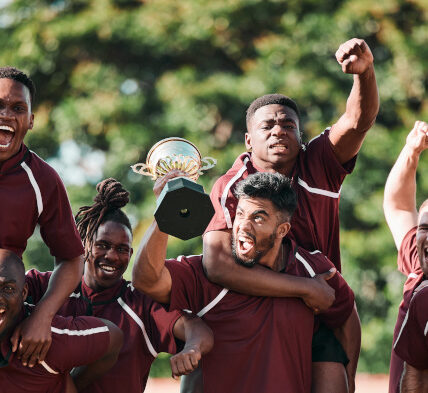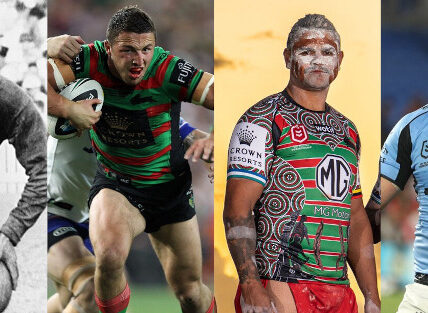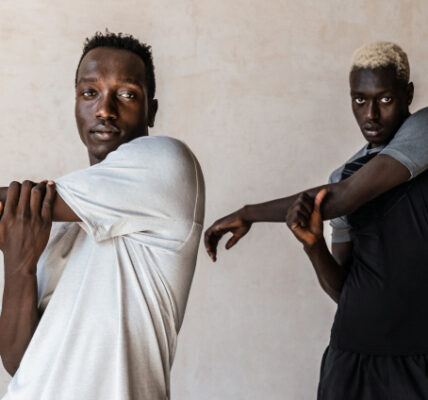There’s a jersey folded in a cupboard in a house just outside Ballito. It doesn’t fit anymore. The number is faded, the collar threadbare, the badge slightly curled at the edges. It’s not worn, not even displayed. But it hasn’t been thrown out. Because it’s the first kit. The one that made everything feel possible. And for Michael Strydom, now twenty-one and studying engineering in Durban, that old Sharks U13 training jersey is something like a relic. Not because of what it led to, but because of what it stood for in that moment when he first pulled it over his shoulders. The weight of it, the smell of it, the feeling of being part of something that mattered. That’s the thing about rugby in South Africa, it isn’t just passed down in stories, it’s inherited through texture. Through fabric. Through bruises and bragging rights that stretch across generations.
Michael’s father, Deon, played for the Natal B-side in the mid-nineties. Not long enough to make it onto television, but long enough to be remembered in club bars up the North Coast. He doesn’t talk about it much. There’s no framed photo in the lounge. Just a few quiet memories that surface when the game is on and something in the breakdown reminds him of a wet Wednesday training at Kings Park. But it was always there, the rugby. Present in the way his body moved, in the way he watched the game, in the friends who still referred to him by his playing nickname even now. And when Michael was old enough, he started going along to mini-rugby sessions with a hand-me-down gumguard and boots two sizes too big. It wasn’t an expectation, it was a rhythm. One passed on naturally, like a family recipe or an old vinyl collection.
The sons of the game don’t all walk the same road. Some push harder, trying to exceed the names they grew up with. Others quietly drift from it, weighed down by the pressure of echoes they never asked for. But all of them carry some version of that first kit. Whether it came from a provincial development day, a school trial, or a community club on a Saturday morning, it’s the garment that introduced them to who they might become. And for many, it remains the most honest jersey they’ve ever worn.
In Pietermaritzburg, at a public school with a proud if struggling rugby tradition, seventeen-year-old Sipho Ngcobo wears his father’s club socks to every game. Not for luck. Just for something that feels like alignment. His father, Vusi, played for a township side in the early 2000s and still pulls out a battered ball when visitors come over. Sipho has more skill than his father ever had. His coaches say so. But he’s also quieter. Less sure. And every time he puts on his kit, his own school jersey, his own name on the list, he still feels like he’s stepping into something larger. Not legacy, exactly. But memory. A continuation of something that was never formal but always felt important.
The stories passed between fathers and sons in South African rugby aren’t always told outright. They’re often revealed in tone. In the way a dad will pace during a close game. In the way he talks about missed tackles. In the precise way he lays out his son’s boots before a big fixture. It’s not performance, it’s code. And the sons pick it up, whether they want to or not. They absorb it during post-match silences. During long drives home after losses. During evenings spent watching VHS tapes or YouTube replays of a Bok team that played before they were born. Even when the sons don’t become players, they carry the shape of those early rituals.
In recent years, with pathways tightening and the game becoming more selective, many sons have walked away from the pressure of expectation. Some burnt out. Some simply chose a different future. And yet, when asked about their first jersey, they remember everything. The smell. The exact colour. The name written in black marker on the label. It’s never just a piece of fabric. It’s an entry point. And even now, years later, many of them still have it. Folded. Hidden. But not discarded.
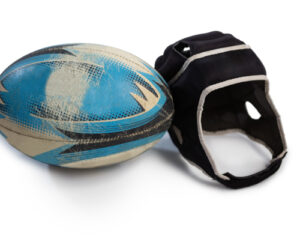 At a coffee shop near Kingsmead, two brothers sit across from each other after a club fixture. One plays for the first team. The other stopped playing three years ago, right after school. They don’t talk about the game directly. They talk about work. About a cousin’s wedding. But between them, there’s something unspoken. A respect not just for the game, but for what it gave them, structure, language, connection. The one who left still coaches juniors on Saturdays. The one who stayed nurses a sprained ankle but refuses to miss next week’s match. Their relationship was shaped by rugby. Not defined by it, but moulded through its rhythm. Through that first kit. The one they both shared. Passed down. Reworn.
At a coffee shop near Kingsmead, two brothers sit across from each other after a club fixture. One plays for the first team. The other stopped playing three years ago, right after school. They don’t talk about the game directly. They talk about work. About a cousin’s wedding. But between them, there’s something unspoken. A respect not just for the game, but for what it gave them, structure, language, connection. The one who left still coaches juniors on Saturdays. The one who stayed nurses a sprained ankle but refuses to miss next week’s match. Their relationship was shaped by rugby. Not defined by it, but moulded through its rhythm. Through that first kit. The one they both shared. Passed down. Reworn.
In lounge bars across KwaZulu-Natal, older players gather not to watch current games with the same hunger, but to remember their own. And often, the first thing they’ll talk about isn’t a big win or a famous opponent. It’s that first time they played under lights. That first time their name was printed on a team sheet. That first kit. And in those spaces, pubs, braais, casino lounges, rugby isn’t nostalgia. It’s memory passed on with clarity. Not cleaned up. Not romanticised. Just held honestly.
It’s in places like the Goldrush Casino in Richards Bay where these stories continue. Where a man in his forties watches a game with his teenage son, both wearing slightly different shades of green. Where someone recalls a muddy fixture in Kokstad and another reminds him who tackled him into the advertising board. Where first kits are remembered not because of what they looked like, but because of who you became when you put them on.
The sons of the game aren’t always on the field anymore. But the game still runs through them. Through coaching. Through commentary. Through the quiet way they stand at the sideline, arms folded, not saying much, but seeing everything. And that’s the thing about that first kit, it’s never really the last. Even when it’s outgrown, even when it’s boxed away, it lingers. In the way someone laces their boots. In the way they take contact. In the way they remember.
Because rugby in South Africa isn’t just a sport. It’s inheritance. Sometimes heavy. Sometimes joyful. Always remembered. And the first kit is the beginning of that story. Not because of where it takes you, but because of what it gives you the moment you first wear it, the belief, however brief, that you belong.
